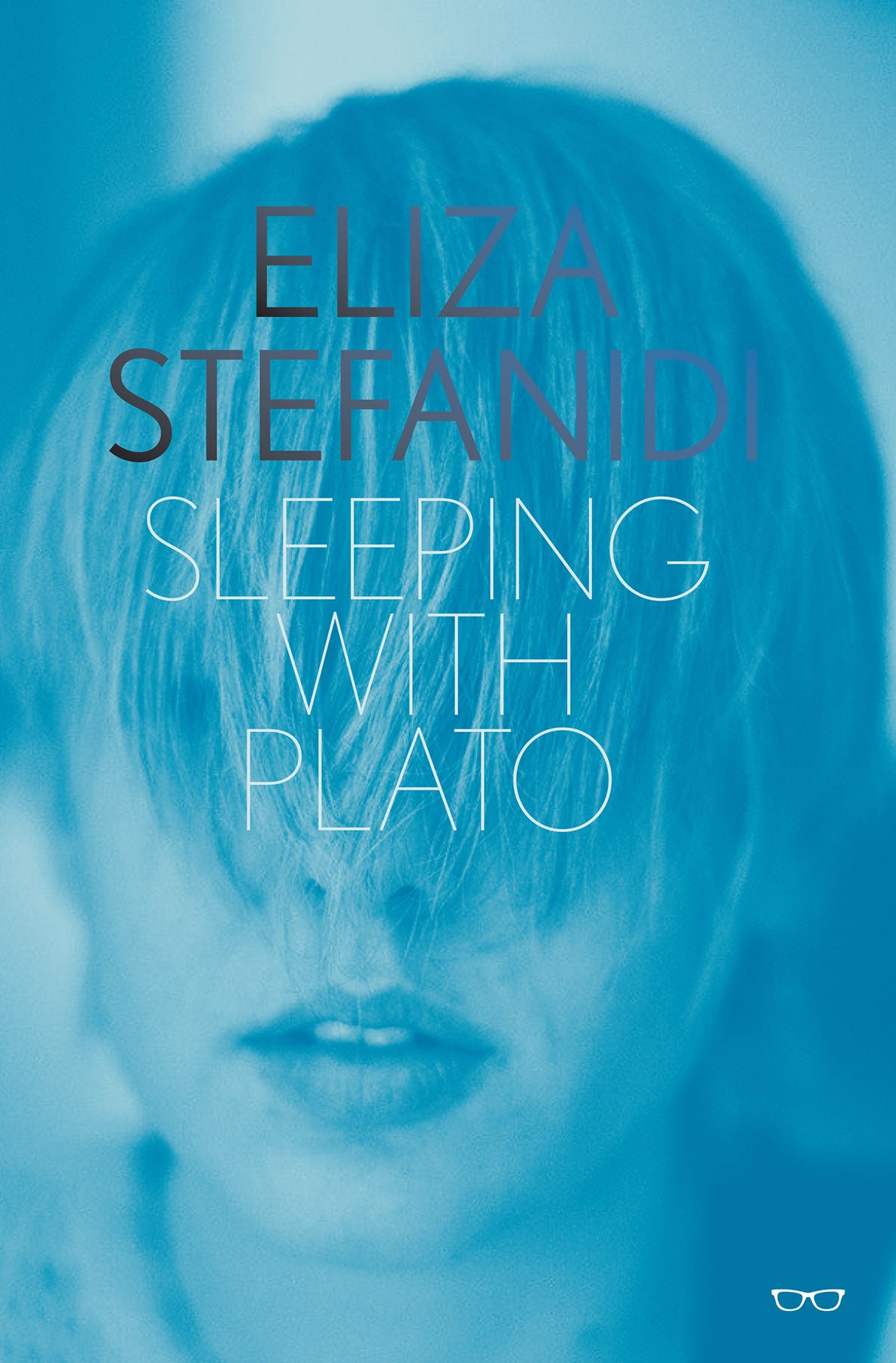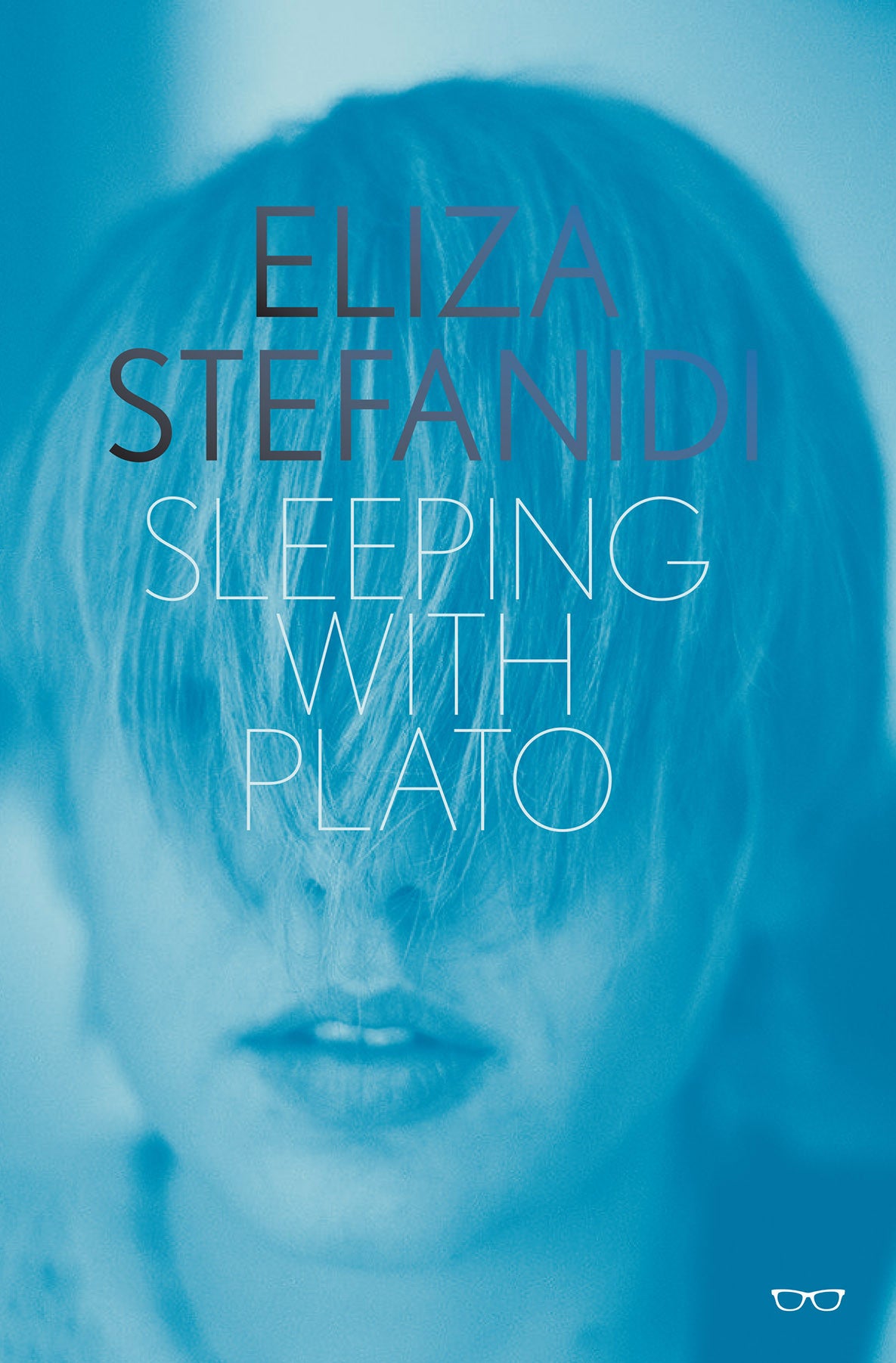Eyewear Publishing Ltd.
Sleeping With Plato
Sleeping With Plato
Regular price
£5.99 GBP
Regular price
Sale price
£5.99 GBP
Unit price
per
Tax included.
Shipping calculated at checkout.
Couldn't load pickup availability
Eliza Stefanidi’s Sleeping With Plato is a fraught, powerful and often upliftingly surreal exploration of the idea of Crisis – linguistic, socio-economic, and psychological. Bipolar since 24 and forced to leave behind a promising career as a dancer, Stefanidi – fluent in English and Greek, and a citizen of both Greece and Britain – has created a moving, funny, and sometimes angry howl of pain and ecstasy, showing that even out of tangled thoughts can new ideas be born.
Eliza Stefanidi was born in Liverpool in 1980 and currently lives in Athens after studying ballet and art in London. She is British-Greek. She has been published in several anthologies, including Lung Jazz, and online. Diagnosed with bipolar disorder at the age of 24, she has made issues of mental, linguistic and social crisis her main themes.
Many poets explore mental health as a concern or theme – Plath and Lowell come to mind – but Stefanidi is not merely a “confessional” poet, and her bipolar disorder more immediately impacts her already bifurcated identity as a Liverpudlian-Athenian. I have rarely read such violently pop cultural-surreal poems of pain and ecstasy. If Howl had been written by a young 21st century woman and not Ginsberg, this might be it. The poems veer from shockingly sad, to very funny. They are torn by references to song and the digital moment, the Greek Crisis, and Greek philosophy, but also have an edgy British sense of mad comedy. Both brave, and linguistically innovative, this is a new kind of poetry by a new sort of poet. — Todd Swift
Eliza Stefanidi was born in Liverpool in 1980 and currently lives in Athens after studying ballet and art in London. She is British-Greek. She has been published in several anthologies, including Lung Jazz, and online. Diagnosed with bipolar disorder at the age of 24, she has made issues of mental, linguistic and social crisis her main themes.
Many poets explore mental health as a concern or theme – Plath and Lowell come to mind – but Stefanidi is not merely a “confessional” poet, and her bipolar disorder more immediately impacts her already bifurcated identity as a Liverpudlian-Athenian. I have rarely read such violently pop cultural-surreal poems of pain and ecstasy. If Howl had been written by a young 21st century woman and not Ginsberg, this might be it. The poems veer from shockingly sad, to very funny. They are torn by references to song and the digital moment, the Greek Crisis, and Greek philosophy, but also have an edgy British sense of mad comedy. Both brave, and linguistically innovative, this is a new kind of poetry by a new sort of poet. — Todd Swift


